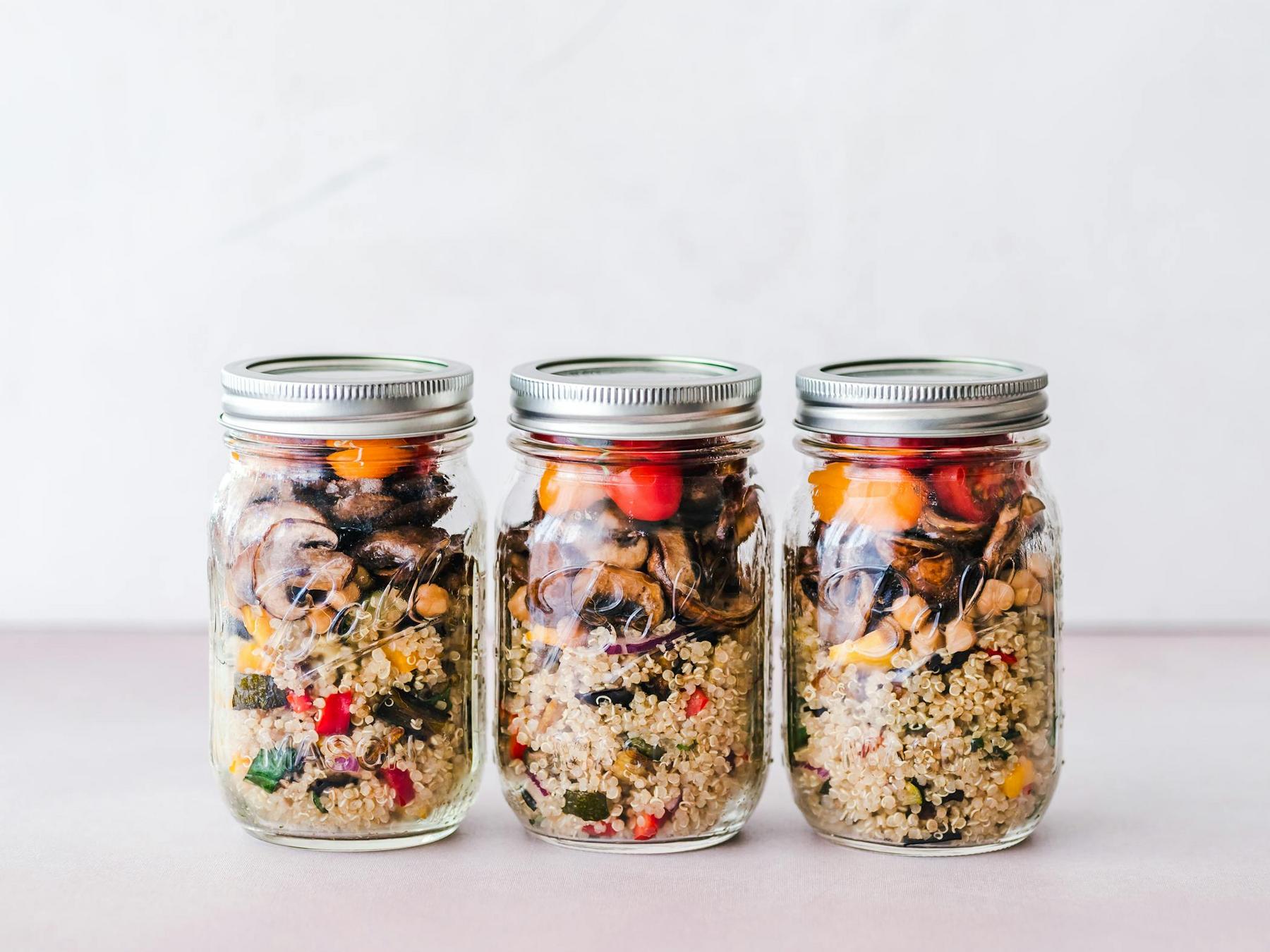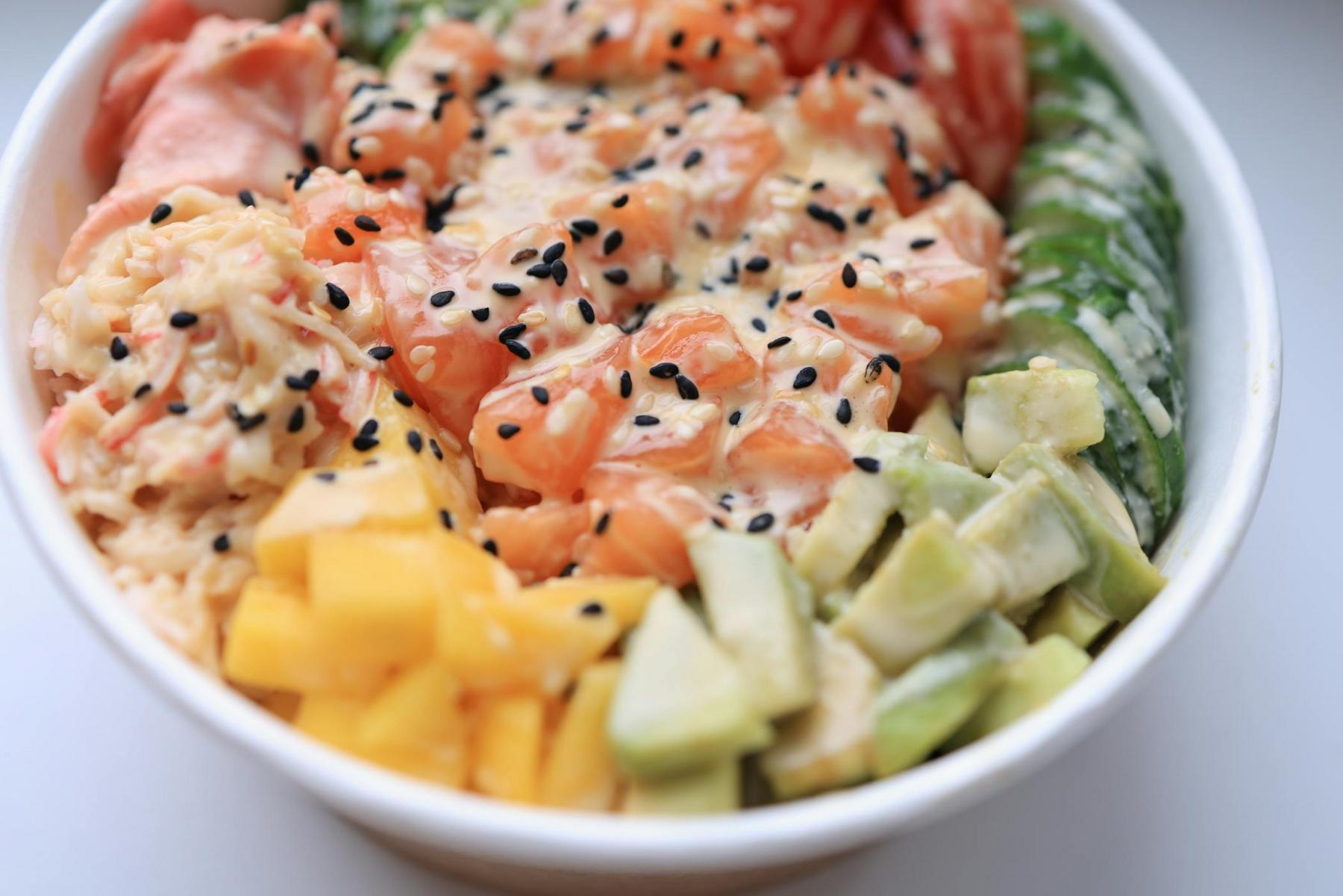In our increasingly connected world, the simple act of taking time for ourselves has become revolutionary. Yet emerging research reveals that this “me-time” isn’t just a luxury—it’s a critical intervention for one of Australia’s most pressing health challenges: stress eating. As chronic stress continues to drive unhealthy eating patterns across the country, understanding the profound connection between personal downtime and our relationship with food has never been more vital.
Recent neurobiological studies demonstrate that structured me-time can reduce emotional eating behaviours by 38-42% in clinical populations, offering a scientifically-backed pathway to healthier eating patterns and improved wellbeing.
What Happens in Your Brain When Stress Triggers Eating?
The relationship between stress and eating operates through complex neurobiological pathways that evolved to help our ancestors survive periods of scarcity. When you experience stress, your hypothalamic-pituitary-adrenal axis activates, flooding your system with cortisol and other stress hormones.
Research from the University of Melbourne reveals that women exposed to acute stressors show 67% greater amygdala activation when viewing food cues compared to their unstressed counterparts. This heightened response occurs alongside a measurable 23% increase in ghrelin secretion—the hormone responsible for triggering hunger—and the development of leptin resistance, which impairs your body’s ability to recognise satiety signals.
Perhaps most concerning is how this stress response specifically targets your brain’s executive control centres. The prefrontal cortex, responsible for decision-making and impulse control, shows decreased activation during stress, making it significantly harder to resist high-calorie foods when you need that willpower most.
The Evening Vulnerability Window
Johns Hopkins research has identified a particularly vulnerable period for stress eating: the hours between 5-9 PM see a 41% increase in post-stress caloric intake compared to morning hours. This pattern aligns with natural cortisol rhythms and suggests that strategically timed me-time interventions during late afternoon could significantly impact evening eating behaviours.
How Does Me-Time Physically Change Your Stress Response?
The concept of me-time as medicine isn’t metaphorical—it creates measurable physiological changes that directly counteract stress-induced eating patterns. When you engage in structured solitude and self-care practices, you’re essentially rewiring your brain’s response to stress.
Functional MRI studies reveal that stress eaters typically exhibit 32% less activation in the anterior insula, the brain region responsible for translating bodily signals into conscious awareness. This deficit creates a dangerous disconnection between your physiological needs and eating behaviours, allowing external stressors to override your body’s natural hunger and satiety cues.
However, mindfulness-based me-time practices can restore this crucial brain function. Just eight weeks of regular meditation and mindful activities increase grey matter density in the insular cortex by 14%, effectively rebuilding your ability to recognise genuine hunger versus stress-driven cravings.
| Me-Time Intervention | Physiological Impact | Timeline |
|---|---|---|
| Daily breathing exercises (15 min) | +22% daily stress resilience | 2-4 weeks |
| Nature exposure (20 min) | +31% prefrontal cortex oxygenation | Immediate |
| Digital detox (30 min evening) | +19% sleep quality improvement | 1-2 weeks |
| Mindfulness meditation | +14% insular cortex grey matter | 8 weeks |
| Body scan practices | +29% hunger/satiety discrimination | 4-6 weeks |
Why Does Me-Time Improve Emotional Regulation More Than Other Strategies?
The power of me-time lies in its ability to address the root cause of stress eating: depleted emotional regulation capacity. According to the limited resource model of self-control, chronic stress essentially drains the cognitive reserves you need to resist food cravings and make thoughtful eating decisions.
A comprehensive 2024 meta-analysis found that just 20 minutes of daily me-time activities increased emotional regulation capacity by 39% on the Difficulties in Emotion Regulation Scale. This improvement occurs through three key mechanisms:
Enhanced Distress Tolerance: Progressive exposure to uncomfortable emotions during quiet reflection builds your tolerance thresholds by 41% over 12 weeks. Rather than immediately reaching for food to soothe difficult feelings, you develop the capacity to sit with discomfort until it naturally passes.
Improved Cognitive Reappraisal: Activities like journaling during me-time improve your ability to reframe stressful situations by 33%. This enhanced perspective-taking directly reduces the catastrophic thinking patterns that often trigger emotional eating episodes.
Reduced Emotional Avoidance: Structured solitude decreases experiential avoidance scores by 28% through gradual habituation to negative emotions. When you stop avoiding difficult feelings, you no longer need food as an emotional buffer.
What Are the Most Effective Me-Time Strategies for Reducing Stress Eating?
Not all me-time is created equal when it comes to reducing stress eating. Research-backed protocols follow specific timing and implementation strategies that maximise neurobiological benefits.
Phase One: Circadian Alignment
Your stress response system follows natural daily rhythms, making timing crucial for intervention effectiveness:
Morning Protocol (6-9 AM): Begin with 15 minutes of structured breathing exercises to establish a healthy cortisol awakening response. This practice increases daily stress resilience by 22% and sets a foundation for better decision-making throughout the day.
Afternoon Prevention (3-5 PM): Implement 20 minutes of nature exposure or outdoor mindfulness to prevent stress accumulation during the pre-evening vulnerability window. This timing provides 31% increased prefrontal cortex oxygenation right when you need maximum impulse control.
Evening Recovery (8-9 PM): Engage in 30 minutes of digital detox combined with gentle self-care activities. This practice enhances melatonin production by 19%, improving sleep quality and breaking the stress-poor sleep-emotional eating cycle.
Phase Two: Micro-Intervention Techniques
For immediate stress-eating prevention, research supports several rapid-response techniques:
The 5-4-3-2-1 grounding technique reduces acute stress cravings by 44% when applied before meals. This involves identifying 5 things you can see, 4 things you can touch, 3 things you can hear, 2 things you can smell, and 1 thing you can taste.
Sensory modulation through essential oil inhalation decreases emotional eating episodes by 37%, providing a portable intervention for high-stress moments.
Body scan meditation improves hunger/satiety discrimination by 29%, helping you distinguish between physical hunger and emotional triggers.
Phase Three: Habit Integration
The most successful me-time protocols integrate with existing routines, increasing adherence by 63%:
- Post-meal mindful walking enhances glucose regulation by 18% while providing processing time for the eating experience
- Pre-grocery shopping meditation reduces impulse purchases by 31%, preventing stress-driven food choices at their source
- Shower-based progressive muscle relaxation increases stress recovery by 27%, transforming daily hygiene into therapeutic practice
How Does Professional Support Enhance Me-Time Benefits?
While individual me-time practices provide substantial benefits, professional guidance can optimise outcomes and ensure sustainable habit formation. Australia’s leading medical weight management programmes demonstrate how structured support enhances me-time effectiveness.
Telehealth platforms now integrate me-time protocols with medical interventions, creating comprehensive approaches that address both the biological and psychological aspects of stress eating. Daily 10-minute virtual check-ins increase mindfulness practice adherence by 41%, while virtual reality exposure therapy decreases stress-induced cravings by 39%.
The combination of professional medical support with evidence-based me-time practices shows remarkable sustainability, with 12-month follow-ups revealing 82% maintenance of beneficial habits and 67% reduction in emotional eating relapse events.
Creating Your Personal Me-Time Prescription
The evidence is clear: me-time isn’t selfish—it’s essential medicine for breaking the stress-eating cycle. By understanding the neurobiological mechanisms behind stress eating and implementing research-backed me-time protocols, you can rebuild your brain’s natural regulation systems and develop a healthier relationship with food.
The key lies in consistency rather than duration. Even 10-15 minutes of structured me-time can begin rewiring your stress response within weeks. As emerging technologies continue to refine our understanding of personalised intervention timing, the future of stress eating treatment increasingly points toward precision me-time prescriptions tailored to individual circadian rhythms and stress patterns.
For healthcare providers and individuals alike, integrating me-time literacy into weight management approaches represents a fundamental shift toward addressing root causes rather than symptoms alone.
Skip the struggles. Our patients achieve <20.2% weight reduction with medical weight loss treatments delivered straight to their door. No clinics. No waiting. Just results. See if you’re eligible for our medical weight loss treatments – take our quiz.
How quickly can me-time practices reduce stress eating behaviours?
Research shows that structured me-time can begin reducing stress eating within 2-4 weeks of consistent practice. Immediate benefits like improved emotional regulation start within days, while neuroplastic changes that rebuild hunger/satiety awareness typically require 4-8 weeks of regular practice.
What’s the minimum amount of me-time needed to see benefits?
Studies demonstrate that as little as 10-15 minutes of structured me-time daily can produce measurable improvements in stress response and eating behaviours. The key is consistency rather than duration—regular short sessions outperform occasional longer periods.
Can me-time practices replace other weight management strategies?
Me-time practices work best as part of a comprehensive approach rather than standalone interventions. While they significantly improve emotional regulation and reduce stress eating, combining them with professional medical support, nutritional guidance, and appropriate treatments provides optimal outcomes.
Are certain me-time activities more effective than others for stress eating?
Research indicates that mindfulness-based practices, body awareness exercises, and activities that enhance interoceptive awareness are most effective for reducing stress eating. Activities should focus on present-moment awareness rather than distraction or escapism.
How do I maintain me-time practices during particularly stressful periods?
Paradoxically, stressful periods are when me-time becomes most crucial. Focus on micro-practices like the 5-4-3-2-1 grounding technique or 2-minute breathing exercises that require minimal time commitment but provide immediate stress relief and craving reduction.



